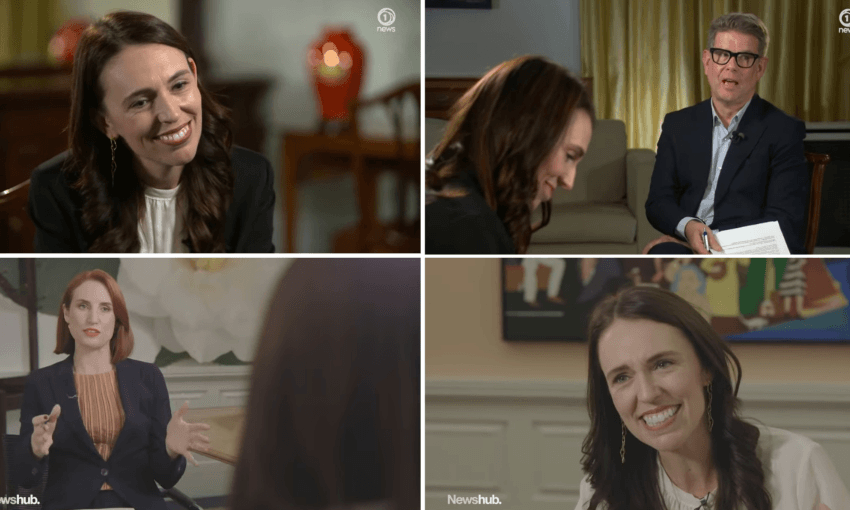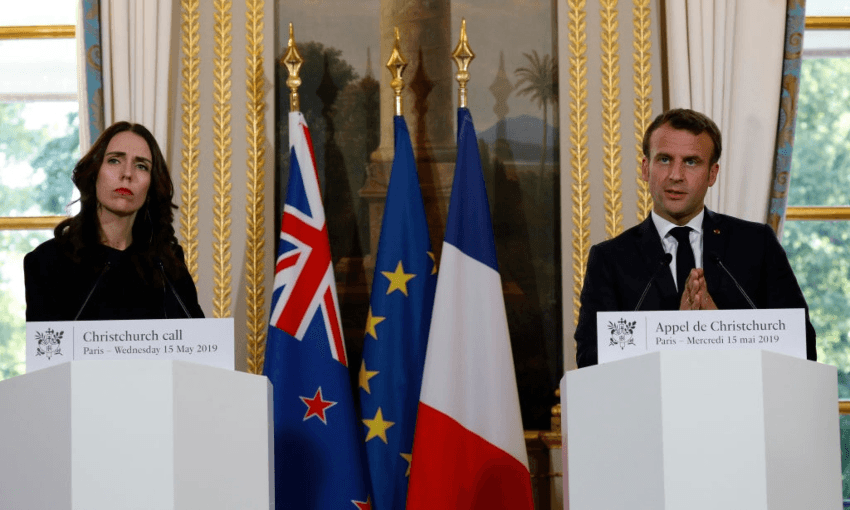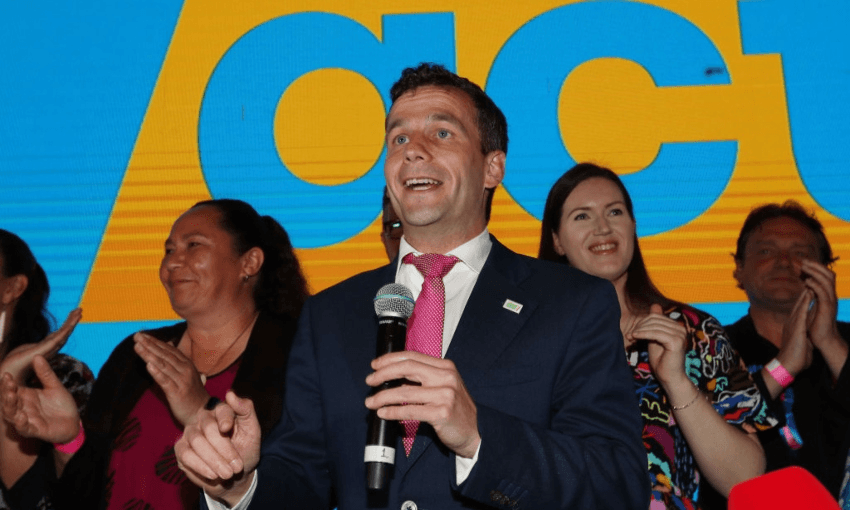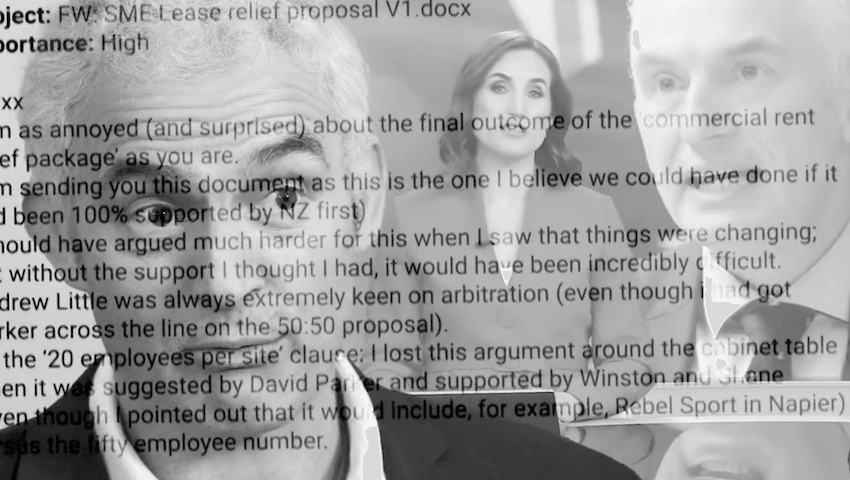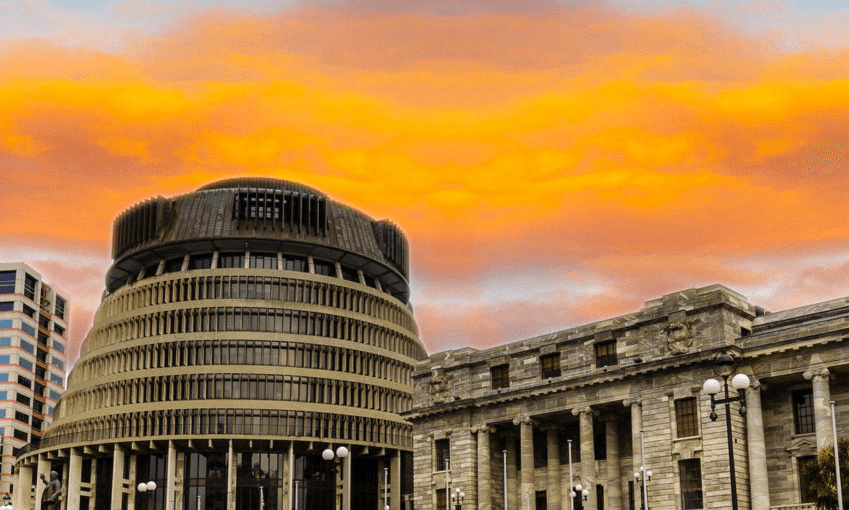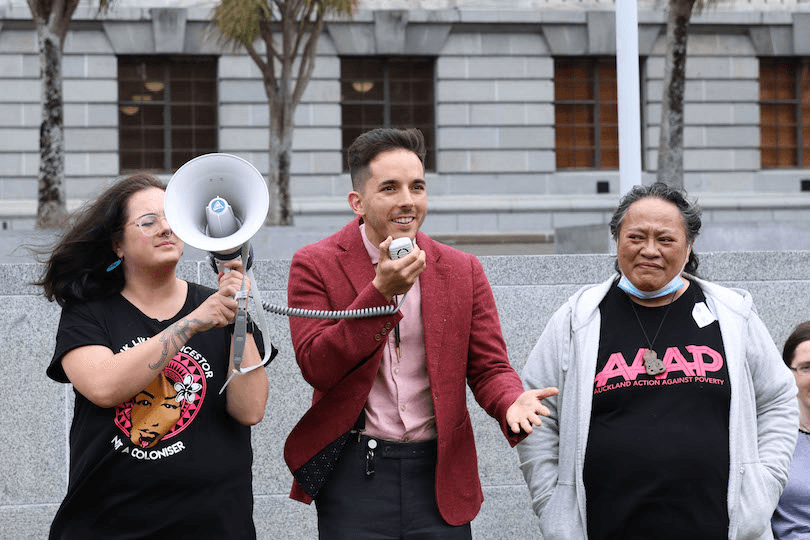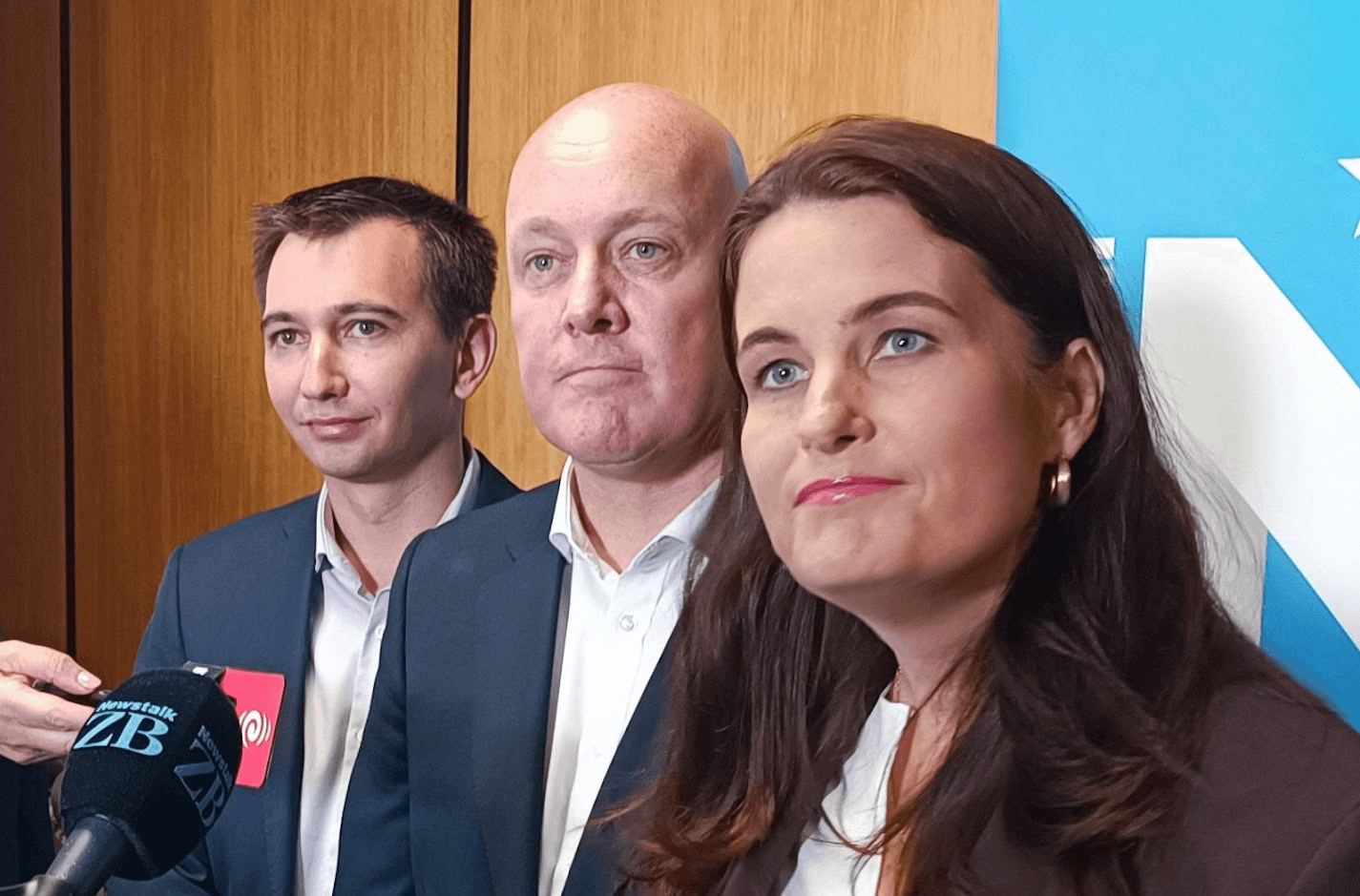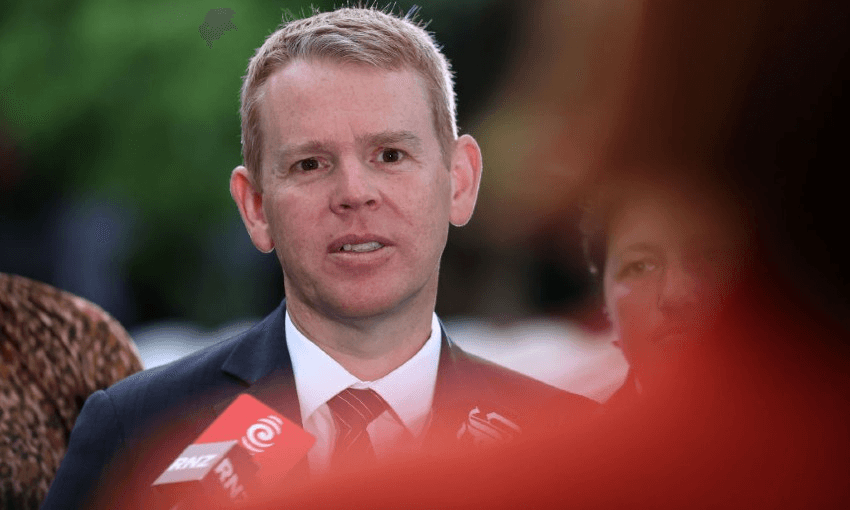On the eve of her valedictory speech to parliament, two interviews with the former prime minister and departing MP Jacinda Ardern have aired on television. They followed Chris Hipkins’ announcement that Ardern had been appointed as special envoy for the Christchurch Call, to continue the work she began as prime minister. She also revealed in the interviews that she would take up a spot with Prince William’s climate charity, the Earthshot Prize.
Both Samantha Hayes and John Campbell, speaking to Ardern earlier today, asked about her motivation for leaving. Was it because of the toxicity of politics? “I remain absolutely clear and I really want to reinforce that I did not leave because I felt I was being given too much of a hard time,” Ardern told Hayes for Newshub. It was, however, something she reflected on, she said.
Ardern told Campbell for 1News: “Sitting in the back of my mind was this question and belief that perhaps my departure might bring the tempo, the heat, the friction that had come into politics, that it might take it down a peg and, if it did, that would be good for New Zealand.”
Asked whether she had managed to deliver on the most difficult issues, including child poverty and climate change, Ardern told Campbell: “I believe I did, but I won’t miss the weight. Because it is heavy.”
Of the ongoing Christchurch call role, Ardern told Newshub: “I believed it had more to do, and I knew that I would have the time to do it. And I certainly have the passion for it … I also still feel a duty at a personal level to the community who are affected by this tragedy.”
She spoke about the impact of the Christchurch mosque attack in 2019, telling Campbell of the moment she read the terrorist’s manifesto. “I remember feeling rage. Because it was so clear that this person had come to New Zealand to try and create a sense of ‘other’ to members of our community. And I just remember feeling angry,” she said.
Ardern told Hayes she would leave politics happy, her voice cracking. Asked “where does that emotion come from”, she said: “Fifteen years of being here. Just a privilege.”
Want to watch the full videos? Here they are.
Ardern’s resignation comes into effect on April 15 – a date calculated to be within six months of the general election, meaning that, pending the approval of at 75% of MPs, a byelection will not be required in her Mt Albert electorate.
It is an honour to welcome @jacindaardern to the @EarthshotPrize team. Her life-long commitment to supporting sustainable and environmental solutions, along with her experience as Prime Minister of New Zealand, will bring a rich infusion of new thinking to our mission. W https://t.co/FYlKVqEeRl
— The Prince and Princess of Wales (@KensingtonRoyal) April 4, 2023
